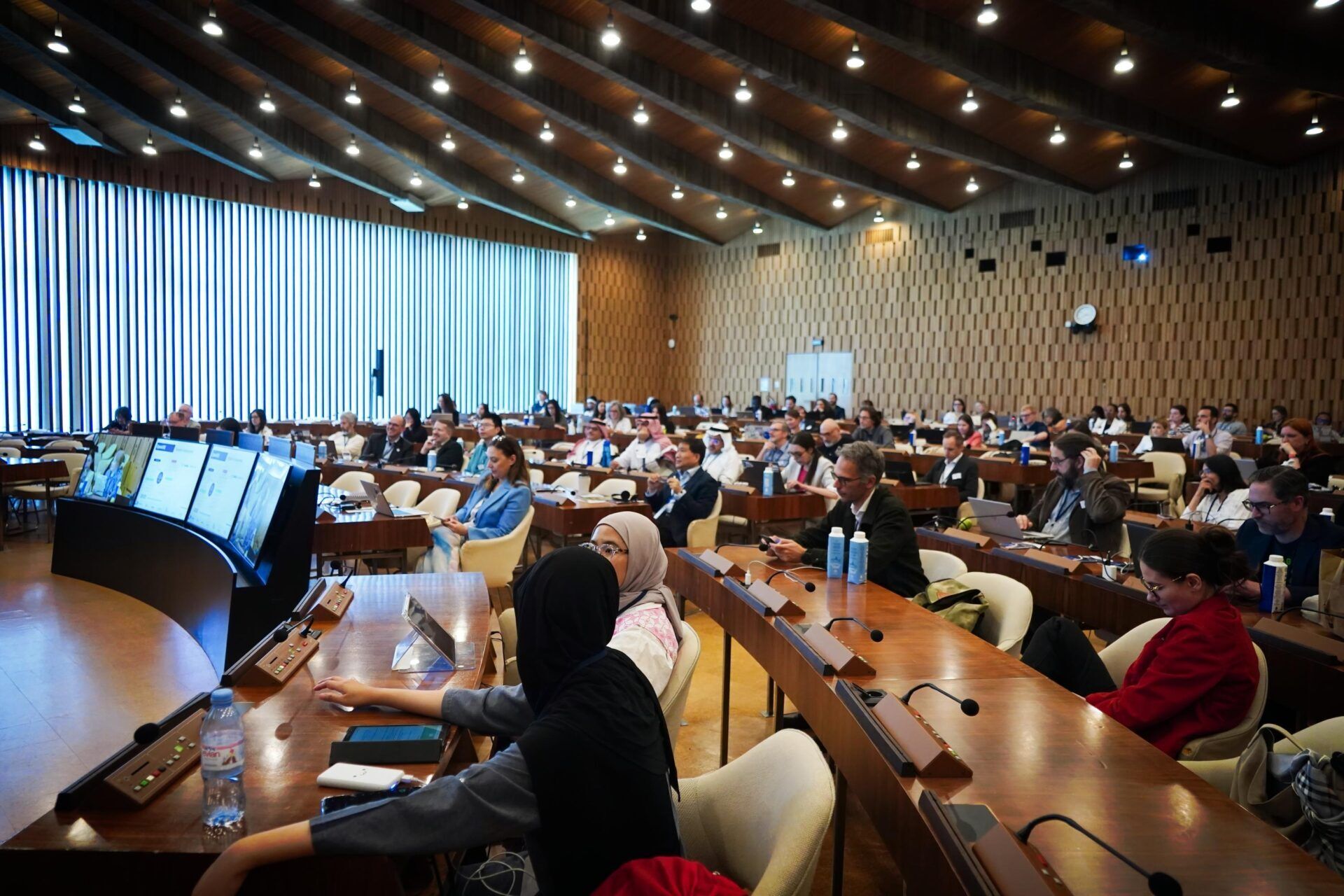- OPUS' Newsletter
- Posts
- OPUS Newsletter (14)
OPUS Newsletter (14)
14th Edition
Welcome to the Final 14th Edition of the OPUS Newsletter
Discover the impact we’ve made over three years of collaboration, explore our key exploitable results, and see how you can apply them in your own research.
OPUS in Numbers – Celebrating Three Years of Progress
Over the lifetime of the project, OPUS has:
Delivered 6 key exploitable results within a total of 26 project deliverables
Enabled 5 pilot research organisations to implement their actions , test the indicators and interventions and share experiences through mutual learning
Built a database of over 150 Open Science experts, Identified 36 relevant Horizon Europe projects, Mapped 34 relevant networks connected to the project’s scope
Released 20 publications
Organised 7 OPUS events to showcase results
Participated in over 30 external events organised by other projects and organisations, presenting OPUS outcomes
Hosted more than 10 trainings and workshops
Published over 3,600 social media posts on OPUS channels
Written 80 news stories on OPUS activities
Shared 450 news items on broader Open Science developments beyond OPUS
These achievements form a lasting foundation of knowledge, tools, and connections for the community, ready for you to apply in your own research and policy work.
Final OPUS Conference Report

The OPUS (Open and Universal Science) Consortium held its Final Conference at the UNESCO International Institute of Educational Planning (IIEP) in Paris on 9-10 July 2025, marking the culmination of a transformative journey to reform research assessment systems across Europe and beyond.
The conference highlighted how the OPUS Researcher Assessment Framework offers a practical, scalable model that helps reshape how we assess, support, and reward researchers in the 21st century.
Full Report: Roundtable discussion on the Role of RPOs and RFOs in Open Science Monitoring: How do we translate open science monitoring policies into real, sustainable institutional practices?

As open science frameworks proliferate across Europe and beyond, a critical gap has emerged between policy vision and operational capacity. The session moved beyond theoretical discussions to surface lived experiences, assumptions, and barriers that institutions face when implementing monitoring systems. Key topics included institutional-level engagement with EU monitoring recommendations, feasibility and cost concerns for implementation, researcher engagement and resistance, and gaps between policy vision and operational capacity.
Key Exploitable Results of the OPUS Project: Reform researcher assessment by expanding the recognition of activities beyond publications and publication metrics
Over the three years of OPUS project implementation, a total of 26 deliverables were produced, among which we identified six Key Exploitable Results that can be directly utilised by other organisations.

OPUS Pilots: Five research organisations worked on transforming the researcher assessment in their countries
Three research performing organisations (RPOs) from Croatia, Cyprus and Portugal and two research funding organisations (RFOs) from Lithuania and Romania piloted the Researcher Assessment Framework (RAF) at their organisations. This included reviewing existing researcher assessment practices, selecting relevant indicators from the RAF with a focus on Open Science, developing action plans to implement the selected indicators, creating cohorts of participating researchers, and monitoring the implementation of the pilots.
Thank you for checking out our last edition of the newsletter!
Three years of achievements, innovation, and impact — plus practical tools and results you can use in your research practice.
Look back at our journey, explore the results that matter, and take away resources you can apply to advance open science in your own work.
Open and Universal Science Project |
The OPUS project is an EU-funded project implemented by an eighteen-organisations consortium led by The Oceanic Platform of the Canary Islands (PLOCAN). The project commenced on 1 September 2022 with an implementation period of 36 months.
OPUS helps reform the assessment of research towards a system that incentivises and rewards researchers to take up Open Science (OS) practices of providing open access to research outputs, early and open sharing of research, participation in open peer-review, measures to ensure reproducibility of results, and involving all stakeholders in co-creation.

HORIZON-WIDERA-2021-ERA-01 The OPUS project is financed by European Union through the GRANT AGREEMENT concluded with the European Research Executive Agency (REA), under the powers delegated by the European Commission. Project number: 101058471 |
Views and opinions expressed are however those of the author(s) only and do not necessarily reflect those of the European Union or the European Research Executive Agency (REA). Neither the European Union nor the granting authority can be held responsible for them.
